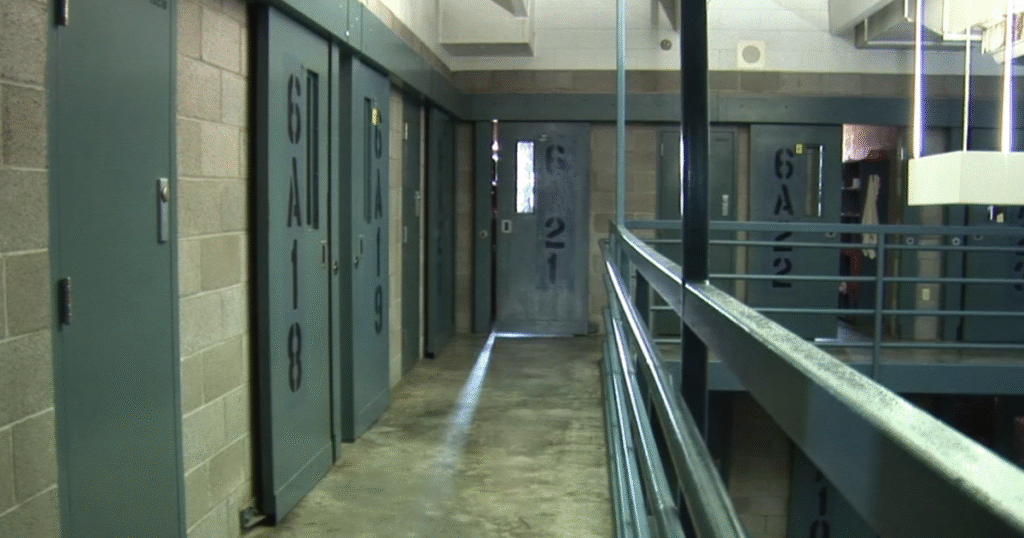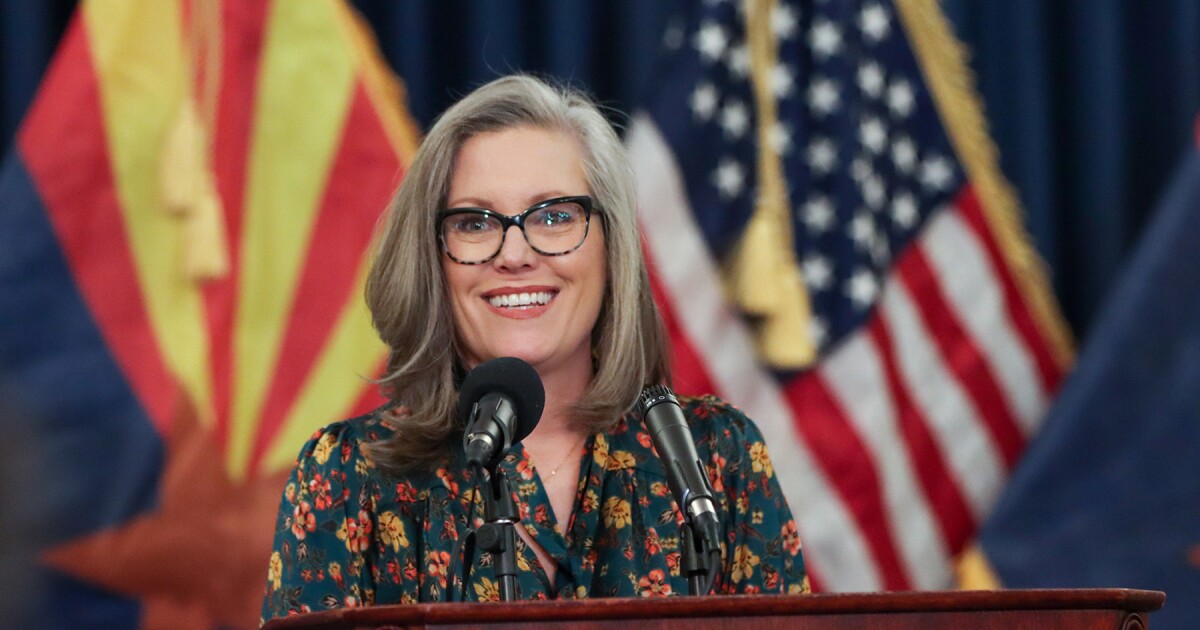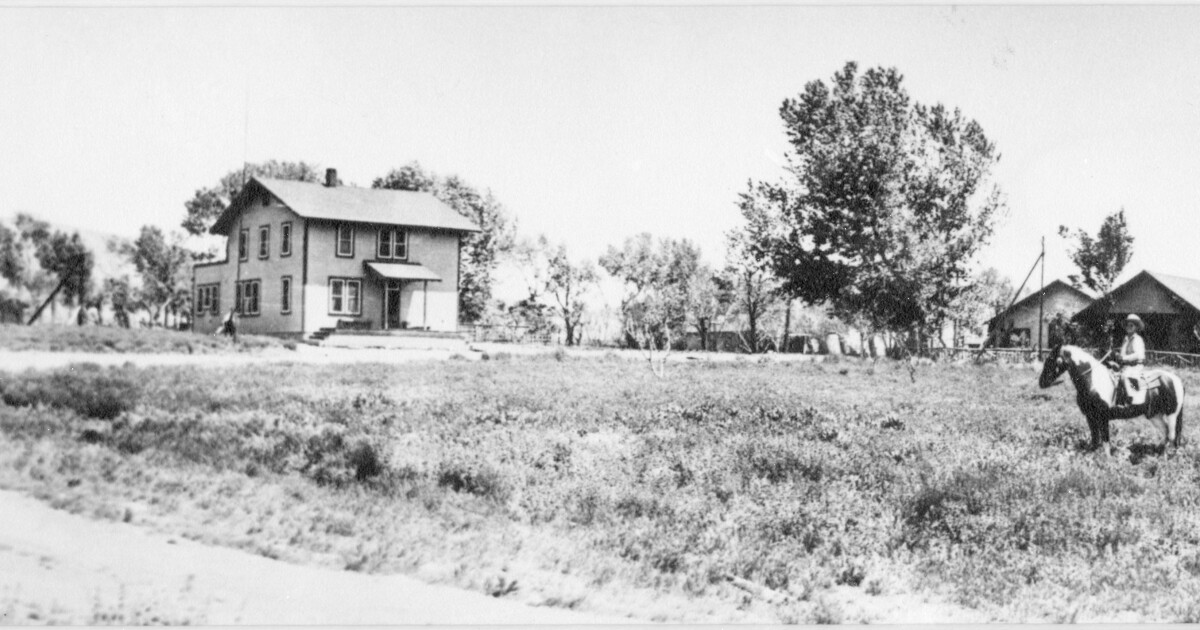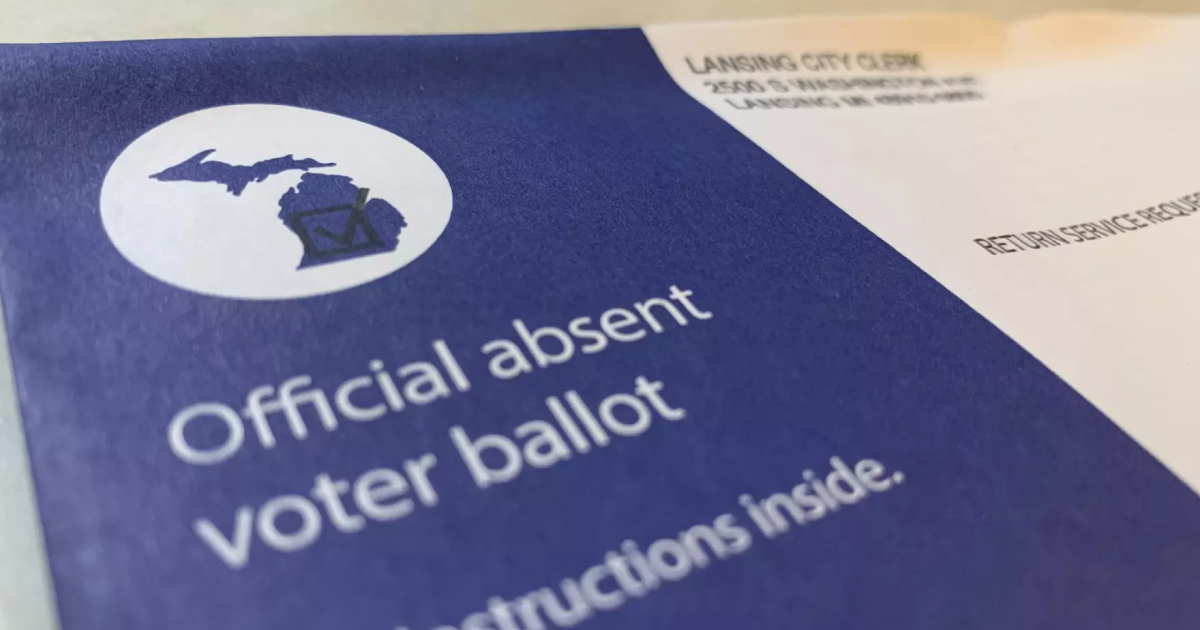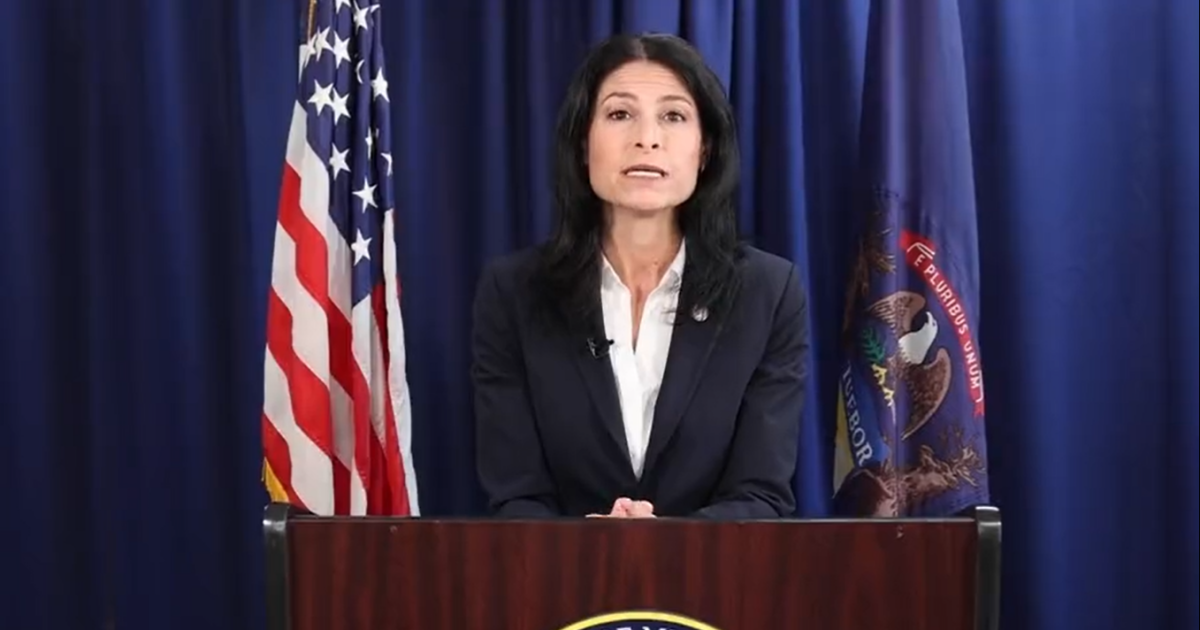New Board Aims to Reform Sex Offender Treatment and Reduce Recidivism
Next month marks the initiation of a new board dedicated to examining sex offender treatment methods, with the ultimate goal of reforming laws to curb repeat offenses. However, during a press conference to announce this legislative move, officials could not provide current statistics on sex offender recidivism rates. This raises the question of how success will be measured.
Dr. Brecken Blades, a forensic psychologist instrumental in the panel’s formation, acknowledged the uncertainty. “I would say that is undetermined at this time,” she stated. Blades envisions success as convening a board that starts discussions on difficult topics, setting standards, and implementing guidelines for supervision and treatment of offenders.
The core issue remains whether it is possible to rehabilitate sex offenders. Senate President Warren Petersen deferred this query to Sen. Shawnna Bolick, the legislator behind the Arizona board’s creation. Bolick mentioned that the effort draws inspiration from a similar initiative in Colorado.
“There are statistics out there showing that, essentially, because of the board’s efforts in Colorado, things have improved a little bit in Colorado,” said Bolick, a Phoenix Republican. “So we’re hoping to take that as an example of what’s working and, hopefully, implement it here.”
Blades, who focuses on the assessment and treatment of misconduct, believes the board’s task of creating standards can lead to positive change. “Research tells us that evidence-based treatment, paired with smart, consistent supervision reduces reoffending and increases community safety,” she explained, emphasizing the approach is backed by “best available science and the real-world experience of jurisdictions that have done this well.”
Bringing a wealth of practical knowledge to the discussion, Beth Goulden, who served as an adult probation officer for 24 years in Maricopa County, highlighted the complexities of rehabilitation. “Your job in probation supervision is change behavior, monitor behavior,” she stated, but acknowledged, “You can’t predict human behavior.”
Goulden described the process of working closely with specialists like Dr. Blades to carry out assessments, including sex-history polygraphs, to make informed decisions. She noted that cases vary greatly, such as comparing an 18-year-old involved with a 14-year-old to a 60-year-old committing offenses against a young child.
Another key task for the board is to establish uniform standards across the state. Pinal County Attorney Brad Miller pointed out the lack of consistency, stating, “There are no standards by which sex offenders are being monitored.” He noted the discrepancies between different counties and doctors’ standards, warning, “In some counties there are zero treatment options.”
The legislation’s momentum largely stems from Goulden’s efforts. She stressed the importance of transparency in the supervision of those charged with sex crimes after the initial media attention fades. “Thousands of families are impacted by sexual abuse, curing the pain, shame and trauma that too often remains unspoken,” she said, calling for vital conversations on response, victim protection, and prevention.
Goulden envisions the board gathering input from various stakeholders, including law enforcement, prosecutors, mental health professionals, probation officers, and community groups. She advocates for a “victim-centered approach” that prioritizes current and potential victims’ needs over the offenders.
The board will not have legislative power but will make recommendations to lawmakers, with Bolick hoping some will be ready by the 2026 session. She noted that any changes requiring funding would depend on legislative review and approval.
—
Read More Arizona News

